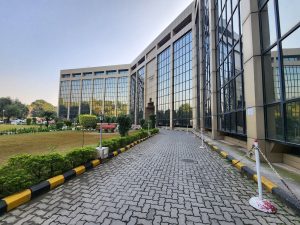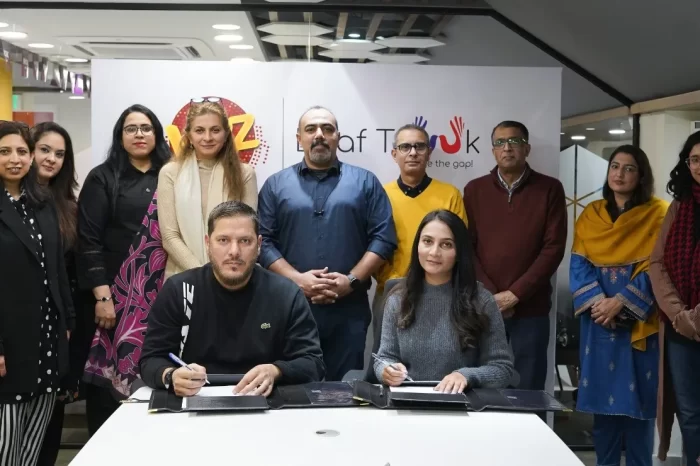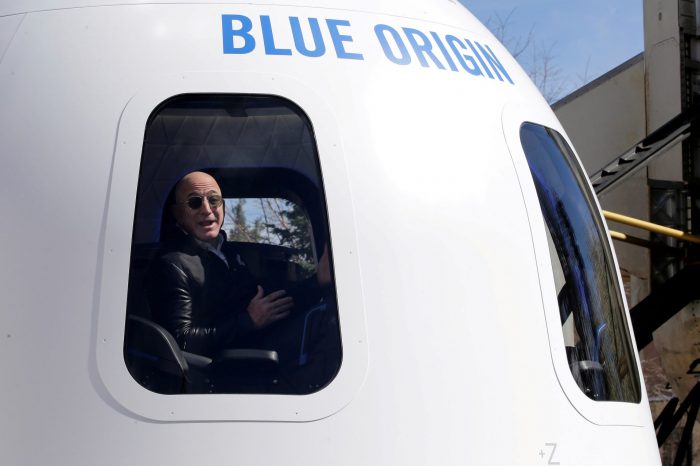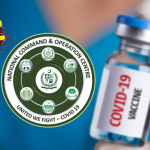Jazz to Assist NCOC in Its Nationwide Vaccination Campaign
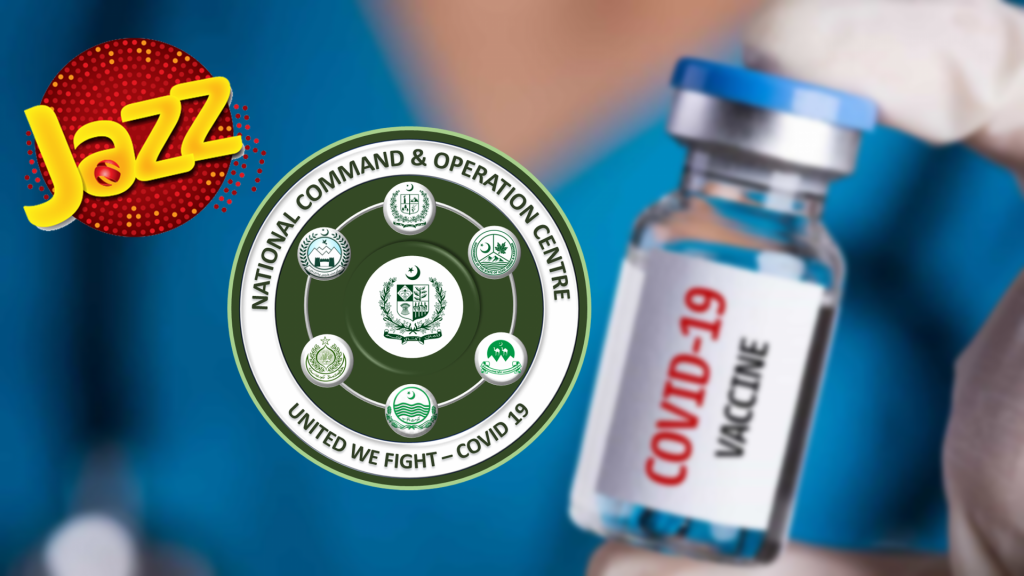
After meeting with the National Command and Operations Center (NCOC), the Jazz is mobilizing its resources for a nationwide advocacy campaign to urge Pakistanis to get vaccinated.
The decision was made based on the NCOC’s statement and promised that all public and private sector employees must be vaccinated against the coronavirus, so the country is still expected to reopen all economic sectors as soon as possible.
To support the cause of the country, jazz will activate its communication channels to reach millions of people who have not been vaccinated. The event will be published through print, digital and electronic media.
Jazz aims to play a key role in systematically solving vaccine problems through effective communication strategies to increase confidence in the national vaccination campaign.
“To fulfill our responsibilities as a leading digital communications company, we will do our best to disseminate important information everywhere. Through clear, fact-based information and the right platform, Jazz aims to reach out to those who are skeptical of vaccines or don’t know about vaccines. By raising awareness in time, the national vaccination campaign can further reduce the tide of infections,” said Amir Ibrahim, the executive director of the Jazz.
Due to strict standard operating procedures, the country’s positive rate hovers around 3%. However, if the country wants to increase the proportion of the vaccinated population, it needs more support from the public and private actors.
Global evidence fully proves that this policy measure is not only essential to reduce hospitalization rates, but also essential to reduce transmission. Since the outbreak of the virus, the Jazz has increased its support to the government through short- and medium-term measures aimed at limiting the negative impact of the pandemic, especially in underserved areas such as the healthcare sector.
In this regard, the company announced a PKR 1.2 billion Covid-19 assistance program in April last year, which had a positive impact on more than 1 million people.



